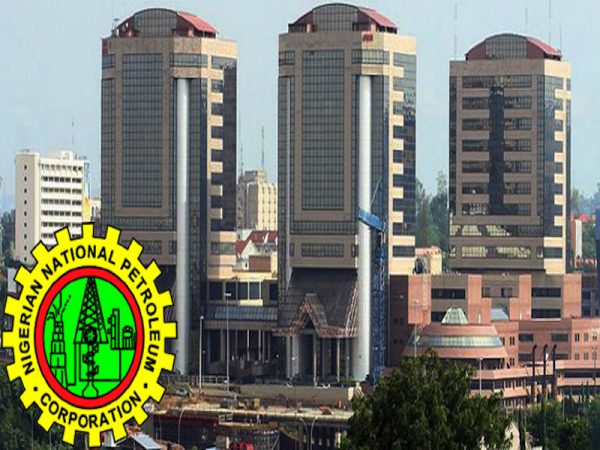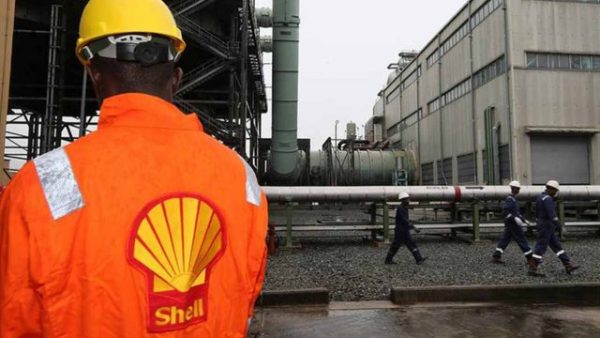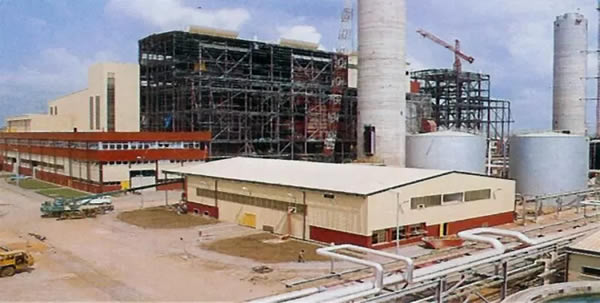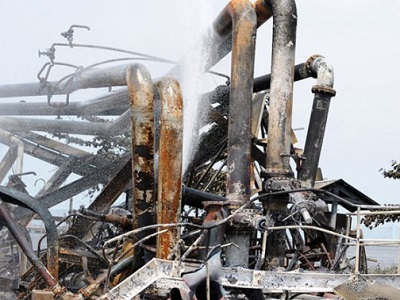NNPC confirms IOCs exit, insists on gas development
The Nigerian National Petroleum Company Limited on Monday insisted that it would continue to develop Nigeria’s gas resources despite the exit of International Oil Companies from the country due to the global push for energy transition and net carbon zero target.
The NNPC’s Group Managing Director, Mele Kyari, disclosed this in Abuja at the ongoing Nigeria International Energy Summit 2022 with the theme, “Revitalising the Industry: Future Fuels and Energy transition.”
This came as the Federal Government announced that it had established a $50m Liquefied Petroleum Gas (cooking gas) Energy Fund in partnership with Afriexim Bank to deepen the use of LPG in Nigeria.
On energy transition, Kyari said the NNPC would work with its partners in facilitating the process in Nigeria regardless of the massive investment drop in fossil fuel projects amidst oil firms exits from Nigeria.
He said, “Companies are divesting. They are leaving our country literally, that’s the best way to put it. But they are not leaving because opportunities are not there.
“It is because companies are shifting their portfolios where they can add value, and not just that, where they can also add to the journey towards net carbon zero production. We understand this very perfectly.
“But we can’t afford not to realise that this country must benefit from the realities of today.”
The NNPC boss stated that today in Nigeria, or mostly in sub-Saharan Africa, countries in this region could be described as energy deficient.
“There’s the poverty of energy and there’s a huge gap to be filled,” he stated.
Kyari added, “This country has the largest reserves of gas and crude oil including condensates, and therefore there’s simply no way you can transit to a net carbon zero situation without necessarily having a transition fuel.
“It is very clear to the world that gas will be the transition fuel. And that can’t happen except you are able to put in on the ground, convert it to a usable form and make it available to its users.’
The NNPC helmsman observed that “you can’t do that except you find financing for it. And today we all understand the level of underfunding in the fossil fuel industry.”
Kyari noted funding for fossil fuel projects had dropped by about 50 per cent when compared to what it was about 10 years ago.
“And the impacts are already showing. There’s a clear demand and supply gap that we are seeing today and that’s why we are seeing the $104 oil in the market today,” he stated.
The NNPC boss added, “No one has invested significantly in the last 10 years and more so in the last five years. And it is much more difficult in our country today because we are not able to invest in the fossil fuel industry in the last five years to the extent that we are seeing the effects of what that really means.”
Also speaking on the issue, the Minister of State for Petroleum Resources, Chief Timipre Sylva, said the world should support a drive to develop African natural gas production, describing it as green energy to ramp up electricity output.
“Africa is not denying the need to transit to renewable fuels, to cleaner energies, but we are only saying at this point, just when we are getting our act together, please allow us to enjoy our resources a little bit,” the minister stated.
Sylva explained that for countries such as Nigeria, which was rich in natural resources but still energy poor, the transition must not come at the expense of affordable and reliable energy for people, cities, and industry.
“On the contrary, it must be inclusive, equitable, and just—which means preserving the right to sustainable development and poverty eradication as enshrined in global treaties such as the Paris accord,” he stated.
In a bid to deepen gas usage in Nigeria, Sylva told delegates at the summit that the Federal Government had inaugurated the National Gas Expansion Programme to expand Nigeria’s domestic utilisation as part of the National Gas Policy.
“With this programme, we have established a 20 million cylinder injection scheme; five to 10 million of these are to be introduced in pilot states this year.
“We have also established an LPG Energy Fund in the order of $50m, in its first phase, in partnership with Afriexim Bank.”
Also, OPEC’s Secretary-General, Sanusi Barkindo, and other African energy ministers at the summit defended investments in fossil fuels, as they insisted that the global push for the energy transition to net carbon zero emission was not in favour of Africa.
They argued that Africa accounted for less than three per cent of global carbon emissions while some 600 million Africans had no access to electricity, stressing that it would be counter-productive to halt investments in fossil fuels in Africa.
“It would be a tragedy of unimaginable proportions if, despite billions of dollars being poured into investments for these resources, these went west as stranded assets,” Barkindo stated.








